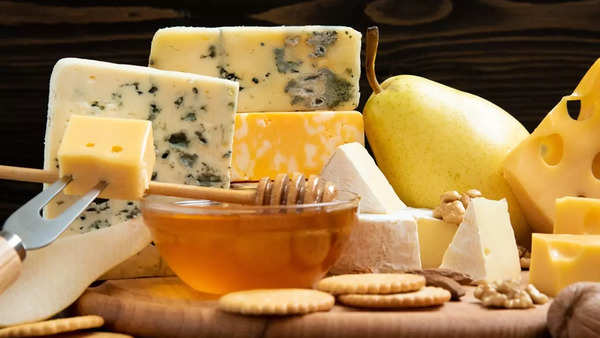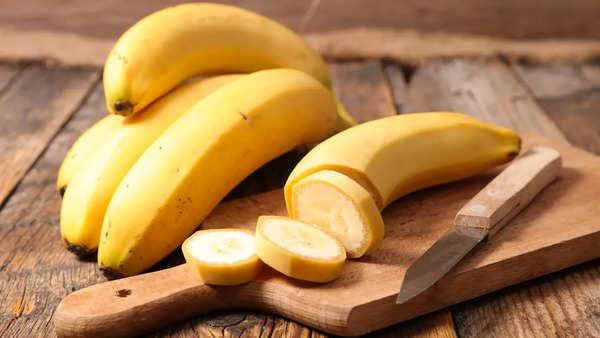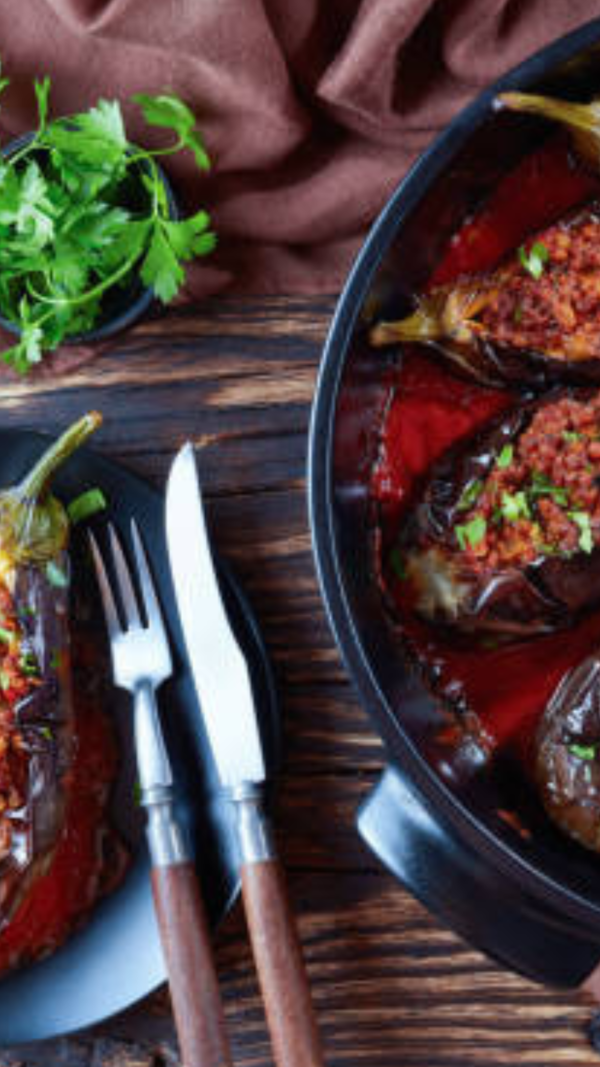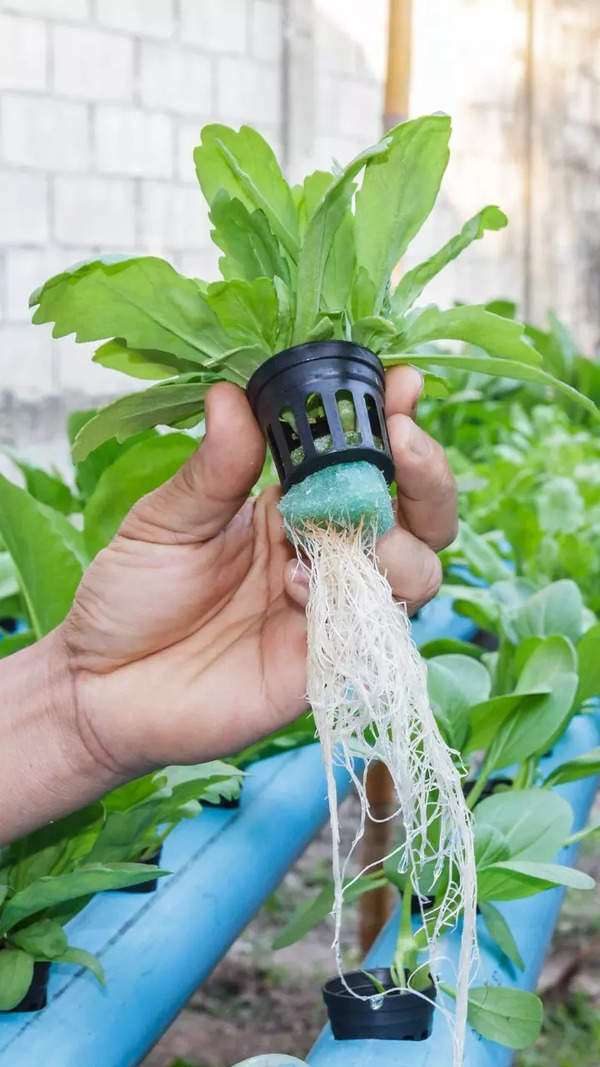- News
- lifestyle
- health-fitness
- diet
- 7 vegetarian sources of vitamin B12 and tips for better absorption
Trending
7 vegetarian sources of vitamin B12 and tips for better absorption
Vitamin B12 is essential for energy, brain function, and red blood cell production. If you’re a vegetarian, getting enough vitamin B12 may seem challenging, but it’s not impossible. Additionally, following simple absorption tips will help your body utilize the B12 you consume. Make these small changes in your daily routine to stay energetic, boost brain function, and prevent B12 deficiency.
Vitamin B12 is quite important for energy, brain function, and red blood cell production. The US National Institute of Health recommends 2.4 mcg of Vitamin B12 for adults. However, it is mostly found in animal-based foods, making it tricky for vegetarians to get enough. The good news? Certain vegetarian sources can still help boost B12 levels, especially when combined with smart absorption techniques.
If you follow a vegetarian diet and want to replenish your B12 levels, here are seven B12-rich foods you can include in your meals and practical tips to absorb it better.
Poll
Do You Include Vitamin B12-Rich Foods in Your Diet?
Paneer – 0.5-1.2 mcg per 100g
Paneer is one of the best vegetarian sources of vitamin B12. It is easy to include in everyday meals like curries, bhurji, or stuffed parathas. Since it is rich in protein and calcium, it also supports muscle strength and bone health.
Tip: Cooking paneer at high temperatures for a long time can reduce its B12 content. Try consuming it raw in salads or lightly sautéing it to retain nutrients.
Curd – 0.4-0.7 mcg per 100g
Dahi (curd) is not just great for gut health but also provides a moderate amount of vitamin B12. Regular consumption of homemade or probiotic-rich yoghurt helps improve digestion, which in turn enhances B12 absorption.
Tip: Eating curd with meals, especially lunch, can boost digestion and nutrient absorption. Avoid sugary flavoured yoghurts, as they may interfere with nutrient absorption.

Cheese – 0.9-3.3 mcg per 100g
Cheese, especially varieties like Swiss, mozzarella, and cheddar, contains a good amount of B12. Adding a slice of cheese to your sandwich, roti roll, or dosa filling can be a tasty way to get this vitamin.
Tip: Don’t overconsume processed cheese, as it is high in salt and fat.
Mushrooms (shiitake and button) – 1-2.5 mcg per 100g
Mushrooms, particularly shiitake and button mushrooms, naturally contain some vitamin B12. They are a great addition to stir-fries, soups, and curries.
Tip: Sun-dried mushrooms have higher B12 levels than fresh ones. Consider using them in broths or soaking them before cooking.
Apples
While apples don’t contain high amounts of B12, they help in enhancing gut bacteria, which plays a role in B12 absorption. Plus, they provide fiber and antioxidants that support overall health.
Tip: Eat apples with the skin on, as most nutrients and fiber are present in the peel. Pairing apples with curd can further improve digestion.

Bananas
Bananas support gut health, which indirectly helps in B12 absorption. They are also rich in vitamin B6, which works together with B12 to improve energy levels.
Tip: Eating a banana in the morning or as a pre-workout snack provides natural energy. Pair it with nuts like almonds for better nutrient absorption.
Blueberries
Blueberries may not be a direct source of B12, but they support brain health, gut bacteria, and digestion, which are essential for absorbing this vitamin.
Tip: Have a handful of blueberries with curd or in smoothies for a nutrient-packed meal.
Tips to improve vitamin B12 absorption
Simply eating B12-rich foods isn’t enough; your body also needs to absorb it properly. Here’s how:
- Yoghurt, curd, and fermented foods like idli, dosa, and kanji promote healthy gut bacteria, which aids in B12 absorption.
- Sunlight helps regulate gut health, indirectly improving B12 absorption. Aim for at least 15–20 minutes of sunlight daily.
- Caffeine interferes with B12 absorption, so avoid drinking tea/coffee immediately after meals.
- Spinach, lentils (dal), and beetroot improve red blood cell production, helping your body utilize B12 better.
- Overcooking can destroy B12 in dairy and mushrooms. Try steaming or lightly sautéing instead.
- A healthy digestive system ensures better B12 absorption. Consume high-fiber foods like fruits, vegetables, and whole grains.
End of Article
FOLLOW US ON SOCIAL MEDIA
Visual Stories
Tired of too many ads?go ad free now










